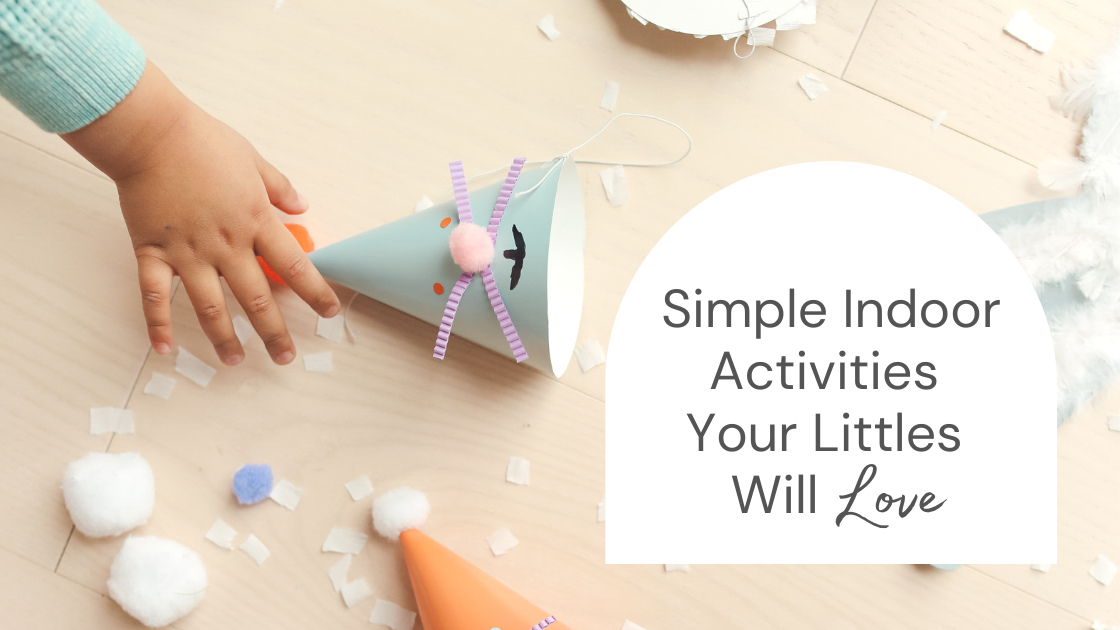|
Swimming and cycling, day camps and sleepovers, watermelon and all the ice cream; summer break is what our children live for! With all the free time and gallivanting, children can benefit from a few guided activities to help them rebalance. Here are five simple activities for you to do with your children that will foster calm in their minds (and invite peace into your home!).
With spring comes the blooming of beautiful flowers but also sneezing, congestion and puffy eyes for those who suffer from seasonal allergies. Many over the counter medications cause drowsiness and other unwanted side effects. To help support your body we've created a list of natural ways to manage many allergy symptoms.
Written by Yoga Mamas Lactation Consultant, Nadia Bellio, IBCLC, CBS, BHSc
Breastfeeding is a journey that holds profound significance for both you and your baby. Central to this journey is the concept of latching – a fundamental aspect that often determines the success and enjoyment of the breastfeeding experience. In this guide, we'll discuss the critical role of achieving a good latch, exploring its benefits and how it fosters a positive breastfeeding relationship. With Spring's unpredictable weather it's not always suitable to play outdoors. Thankfully, we’ve pulled together five ideas for keeping your Little Ones entertained indoors to get you through those rainy, chilly days. The following activities could easily last for hours and, once you get the ball rolling, should only require your participation here-and-there throughout the day!
|
Categories
All
Archives
July 2024
|
-
Wellness Services
- Wellness Concierge
- Abdominal Massage
- Acupuncture
- Cosmetic Acupuncture
- Cesarean Scar Release Therapy
- Chinese Herbal Medicine
- Chiropractic Care
- Counselling >
- Craniosacral Therapy
- Online EFT Tapping
- Fascial Stretch Therapy
- Home Visits
- Online Holistic Nutrition
- Gua Sha Glow Facial
- Introduction to Solids
- Infant & Kids Massage
- Infant Sleep Consulting
- Kinesiology
- Kinesio Taping
- Lactation Consulting
- Light Therapy >
- Lymphatic Drainage Massage
- Massage Therapy
- Naturopathic Medicine
- Osteopathy
- Pelvic Floor Physiotherapy
- Physiotherapy
- Pediatric Physiotherapy
- Online Speech Language Therapy
- Ultrasound For Blocked Ducts
- Vitamin Injections
- FITNESS
- Doula Care
- WORKSHOPS & EVENTS
- Free Events
- Professional Trainings
- Blog
- SHOP ONLINE
Services |
ABOUT US |
|
A Note About yoga Mamas' Cancellation Policies
Please note that we do not offer refunds. Each event/course/training/wellness appt has it's own specific cancellation policy which is listed on each registration page. Please take the time to read these in full prior to registering. Each event/appointment that we run is in partnership with a practitioner who is focusing their independent career in prenatal and postpartum health. This is their beautiful livelihood. This is why we have these policies in place. Thank you very much for your understanding. Jamie Kalynuik, Founder of Yoga Mamas
[email protected] | 416-406-0116 | 1402 Queen St E Suite D. Toronto M4L 1C9
-
Wellness Services
- Wellness Concierge
- Abdominal Massage
- Acupuncture
- Cosmetic Acupuncture
- Cesarean Scar Release Therapy
- Chinese Herbal Medicine
- Chiropractic Care
- Counselling >
- Craniosacral Therapy
- Online EFT Tapping
- Fascial Stretch Therapy
- Home Visits
- Online Holistic Nutrition
- Gua Sha Glow Facial
- Introduction to Solids
- Infant & Kids Massage
- Infant Sleep Consulting
- Kinesiology
- Kinesio Taping
- Lactation Consulting
- Light Therapy >
- Lymphatic Drainage Massage
- Massage Therapy
- Naturopathic Medicine
- Osteopathy
- Pelvic Floor Physiotherapy
- Physiotherapy
- Pediatric Physiotherapy
- Online Speech Language Therapy
- Ultrasound For Blocked Ducts
- Vitamin Injections
- FITNESS
- Doula Care
- WORKSHOPS & EVENTS
- Free Events
- Professional Trainings
- Blog
- SHOP ONLINE






